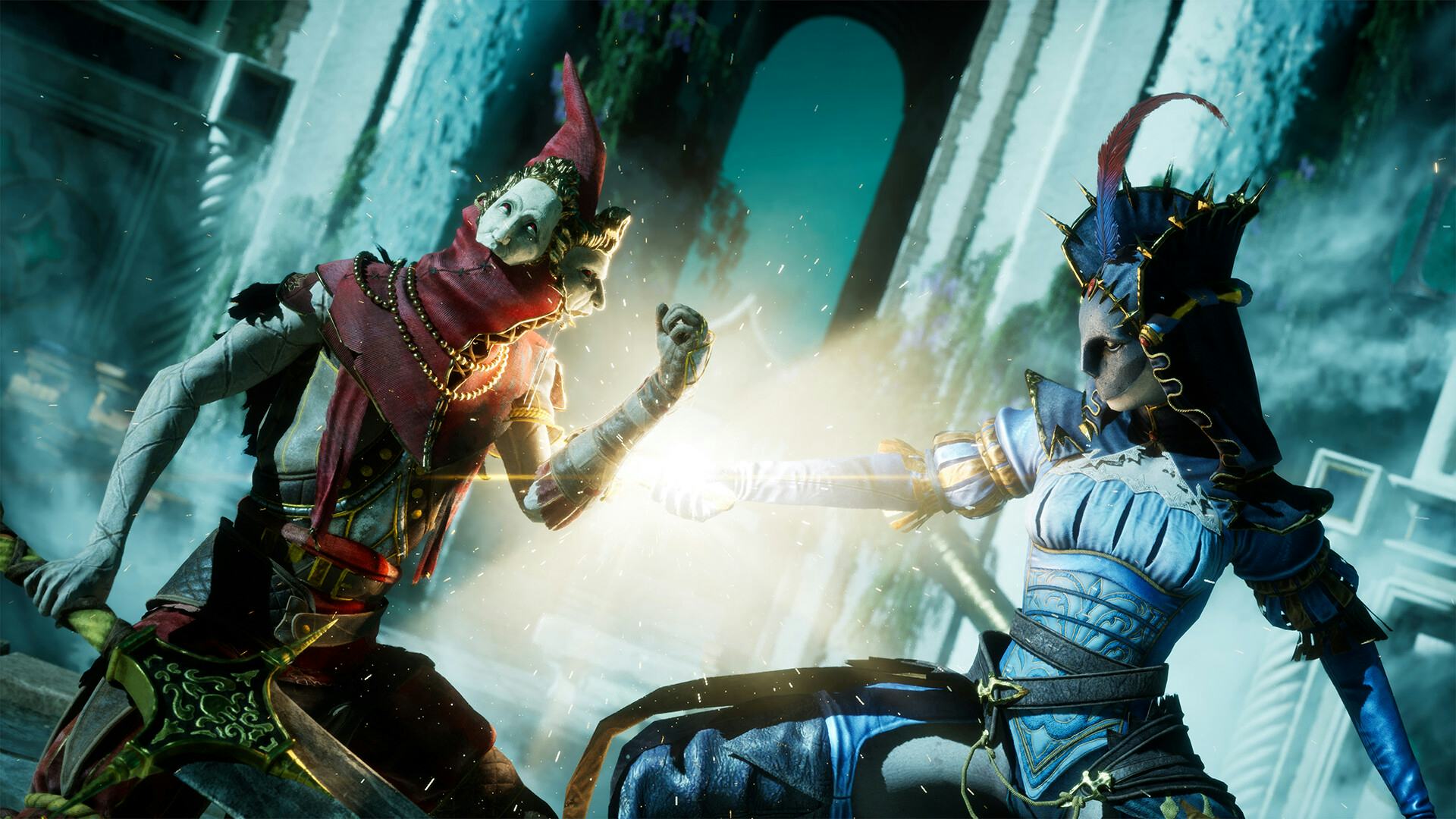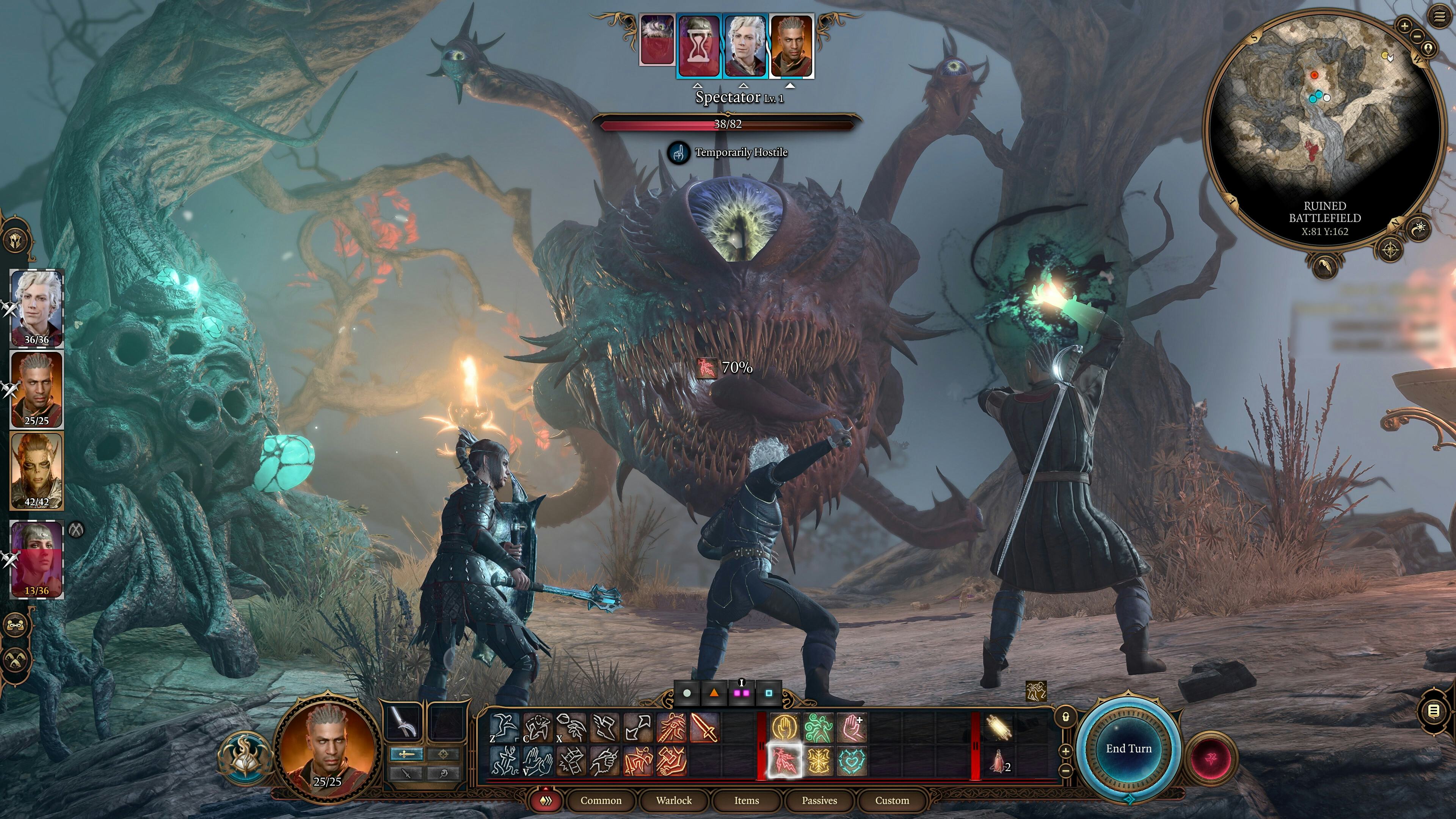
Despite what console warriors clinging to outdated corporate feuds might tell you, being able to play games on any platform you want is a positive change for the medium. The idea of a game library filled with console exclusives is thankfully mostly a relic now, aside from a few holdouts, and the explosion of indie development has led to a glut of smaller games launching on more or less every platform you can think of. But recently, a surprising number of games have been skipping out on one of gaming’s biggest platforms, and more frustratingly, it’s not even clear why.
Most recently, Jyamma Games announced an indefinite delay for the Xbox version of its Soulslike game Enotria: The Last Song, which is due out on PlayStation 5 and PC on September 19.
“We’ve connected with Jyamma Games and got great feedback that we will use to improve our processes,” a Microsoft spokesperson told Inverse. “We look forward to working with them to bring Enotria: The Last Song to Xbox.”
Jyamma Games, Blingame, and Game Science did not immediately respond to a request for comment.
“We understand how disappointing this is to the Xbox community,” Jyamma wrote. “Unfortunately, despite our best efforts and the hard work of our dedicated team, we’ve encountered challenges that have delayed our release on the Xbox platform. We want to emphasize that this is not a decision we’ve made lightly.”
The developer expanded on its statement on social media, striking a much less conciliatory tone to explain that Microsoft had gone “months” within responding to its requests to certify the game for Xbox. Jyamma called on fans to demand a response from Microsoft — and it seems to have paid off. Just two days later, Xbox reached out, according to Jyamma, who said that they were working together to bring the game to Xbox “as soon as possible.”
While that’s a welcome resolution for Enotria, it’s still not clear what exactly caused the delay in the first place. Xbox hasn’t publicly provided a reason for the delay, which seems especially odd in light of its ID@Xbox initiative, designed specifically to help smooth the process of bringing indie games to the platform.
The ID@Xbox program also seems to have failed Blingame, developer of the Metroidvania HAAK. Just a few weeks before Jyamma brought its own concerns to light, Blingame announced on social media that it was canceling the Xbox release of HAAK. According to the developer, it spent over 14 months attempting to register the game for release on Xbox, when it estimated it needed only about two weeks of porting work. However, bugs in Microsoft’s Partner Center and Support site prevented it from applying, and the ID@Xbox team had no ability to fix what was ultimately a larger Microsoft issue. It’s notable that both Jyamma and Blingame expressed appreciation for the Xbox player community, saying players have supported them along the way.
The issue isn’t limited to indie developers either. Black Myth: Wukong has yet to come to Xbox weeks after its launch on PlayStation and PC. Some reports say the delay is due to a Sony exclusivity deal or Xbox hardware limitations, while others dispute both of those claims. As of this writing, there’s been no official word on the true source of the issue, or whether an Xbox version of the game is on the way, though Microsoft did tell Forbes that Xbox hardware is not to blame.

Whether it’s true of any more recent delays, Xbox’s technical limitations have been confirmed responsible for one high-profile delay. Last year, Baldur’s Gate 3 was an explosive success on PC and PlayStation, while remaining notably absent from Xbox. In this case, Larian revealed that it was actually an Xbox hardware issue. Baldur’s Gate 3 had difficulty running in split-screen mode on the lower-powered Xbox Series S, and a Microsoft policy requires games to share the same features performing equally on both the X and S versions of the console. While the game did eventually come out on Xbox, hardware problems did result in its launch missing the game’s original release window by several months.
The frustrating conclusion to the recent litany of Xbox issues is that there’s no conclusion at all. Other than Larian’s case, where hardware limitations were identified and then worked through, there’s no official word at all on why so many games are being forced to delay their Xbox versions or skip them outright. Whatever the cause, something is preventing multiple releases of all sizes from hitting Xbox. At a time when companies across gaming are struggling to stay afloat, it seems more important than ever for developers to have multiple platforms to rely on for sales. If Microsoft isn’t able to keep pace with its competitors, it could prove to be disastrous for both the publisher itself and developers who need to make every sale they can just to survive.







